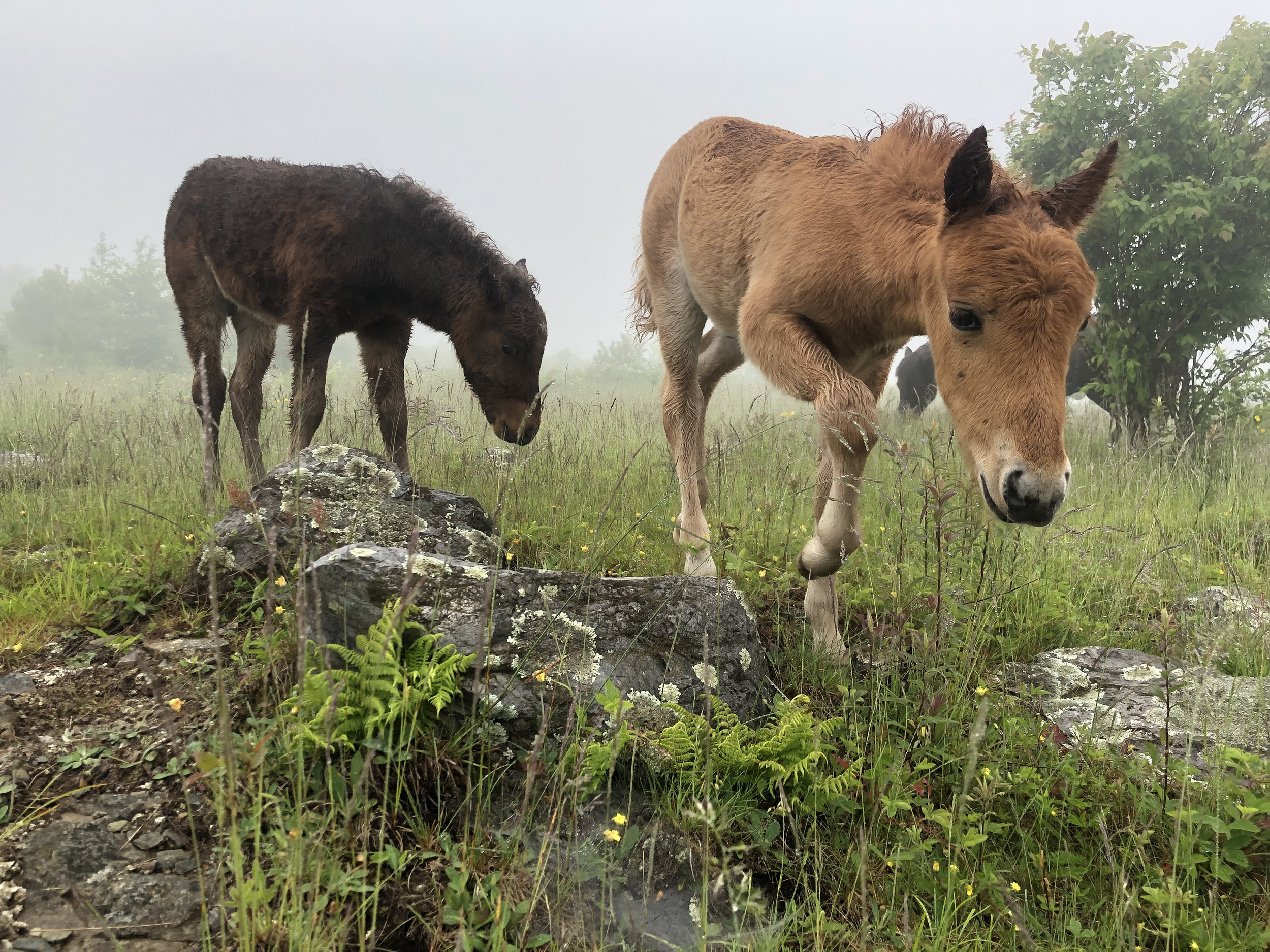When the unthinkable happens to us, our minds and bodies often continue to reflect the worst of the experience. This is traumatic stress. Trauma may come from a variety of sinister places, including: intimate partner violence, adverse child experiences and learning of a major medical diagnosis. From these profound threats, our neurobiology actually changes as a result of the exposure. The subsequent “hormone soup” released into our bodies thwarts memory encoding, instigates ongoing, rapid mood swings, and impairs overall functioning. From then on, the damage of trauma continually triggers the brain and body into continual activation or deactivation--“fight or flight”--whenever encountering any other stressful events. Therapeutic support may help repair the damage of trauma exposure you may be experiencing.
Receiving this therapeutic support on the farm may especially help you heal from these traumatic wounds by targeting a few key areas.
Sensory Grounding
With birds larking overhead of verdant fields and the silky mane of the horse at your fingertips, the farm environment is full of opportunities for sensory inputs. Noticing your senses is key for grounding yourself during moments of dissociation. Dissociation refers to those times when you may feel numb, withdrawn, and/or flashing back to the traumatic exposure. In feeling the velvety soft snip of a horse’s nose, you can be drawn back to the present moment, away from the horrors of your yesterdays. The environment and animals within it help ground you in the now, rewiring neural pathways and providing you with tools for functioning in daily life.
Safe Touch
Working with horses, provides ample chances to experience a safe touch. From laying against the large, warm surfaces of their coats to feeling their hot breaths blow gently against your hand. Traditional forms of therapy prohibit the use of touch, but animal-assisted work provides an appropriate mechanism to receive the attachment-building benefits of oxytocin released through connecting by touch. In mounted work, we may support clients in exploring trauma-informed sensory positions on the horse to optimize these benefits, as well.
Building Trust
After trauma exposure, trust is often obliterated. The world you knew and expectations you had for it are broken. When working with the therapeutic team of horse and clinician, clients gain collaborators to practice and create new patterns in their relationships. Since horses also incredibly require trust in you in order to partner with them, they help illustrate and present metaphors for the gentle, patient process of restoring trust. When you do earn their trust, you gain an understanding that you are worthy of love and belonging. With the horse and clinician, you may build safe, supportive attachments to model for your relationships in the future.
Mindy-Body Connection
Trauma is not just experienced between the ears, it may cause cascading disruptions throughout your body. Partnering with a horse is the ultimate mind-body connection. Requiring supreme focus and coordinated movements in many parts of the body, equestrian activities integrate the entire self. The use of mind-body interventions following trauma targets the neural and biological mechanisms underlying stress-related illnesses and depression. Research suggests that mind-body interventions may reduce traumatic-stress symptoms by normalizing the imbalance in the autonomic nervous system and increasing parasympathetic nervous system activity--critical neurological shifts. On the farm, mind-body integration may be found in mounted riding sessions, yoga with the horse, and mindfulness explorations.
These are just a few ways the unique clinical environment on the farm may support in restoring you following a trauma. With animals and nature as stewards to your healing, sessions on the farm may holistically help you repair and reintegrate after experiencing trauma in a safe and supportive environment.
Note: This article is not clinical counseling or psychotherapy and it is not intended to treat any mental-health condition. The commentary offered in this blog may not be appropriate for every person depending on their current needs and individual systems. Please consult a physician or mental-health clinician to seek care for your specific needs and goals. If you are experiencing a medical or behavioral health emergency, please immediately call 911 or present to emergency department, as soon as possible.




